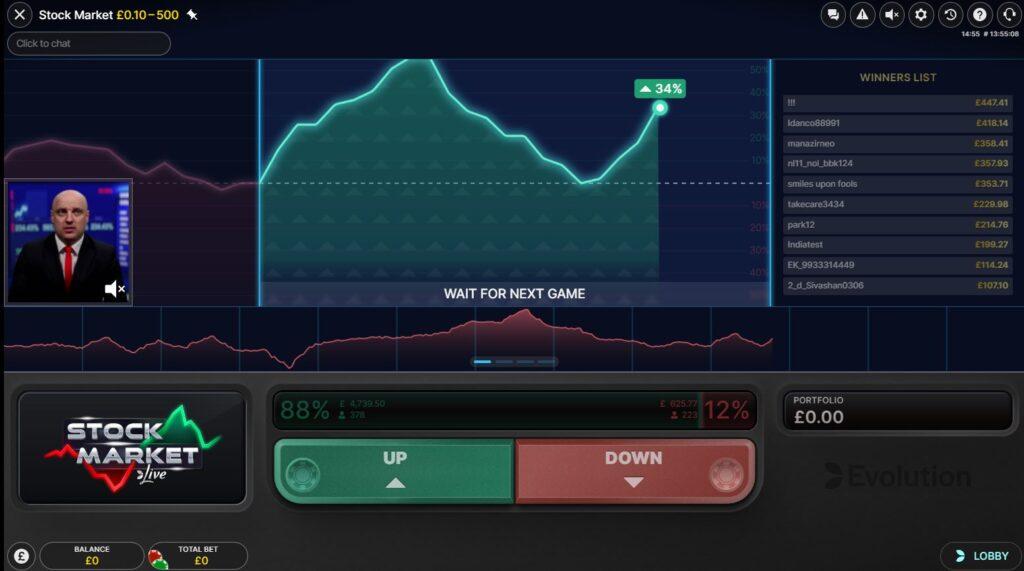
What Online Casinos Think of Self-Exclusion and How It Can Actually Help Attract Players
Self-exclusion, a voluntary exclusion from gambling activities for a specified period, may seem counterintuitive for online casinos, but the industry recognizes its importance and the benefits it can bring. Here’s what online casinos think of self-exclusion and how it can actually help attract players:
Demonstrating Commitment to Responsible Gambling:
Online casinos showcase their commitment to player well-being and responsible gaming by supporting self-exclusion. This commitment builds trust and confidence among players who value responsible gambling environments.
Meeting Regulatory Requirements:
Regulatory compliance often requires online casinos to provide self-exclusion options. By implementing robust self-exclusion programs, casinos fulfill legal obligations, operate within the legal framework, and encourage a safe and responsible gambling environment.
Enhancing Player Protection and Safety:
Self-exclusion programs prioritize player safety and help prevent excessive gambling behaviors. Online casinos actively contribute to a secure and supportive gambling environment, attracting players who value these measures.
Supporting Responsible Gambling Initiatives:
Self-exclusion aligns with responsible gambling initiatives, providing players with a practical tool to control their habits. Online casinos actively participating in responsible gambling efforts contribute to the overall well-being of players and the broader gambling community.
Encouraging Long-Term Engagement:
While self-exclusion temporarily restricts players, it can lead to long-term engagement and loyalty. Online casinos foster trust and player satisfaction by promoting responsible gambling behaviors, encouraging returning players after the self-exclusion period ends.
Differentiating from Unregulated Platforms:
Responsible gambling measures, like self-exclusion, set online casinos apart from unregulated or less reputable platforms. By actively implementing self-exclusion programs, casinos showcase dedication to player protection and responsible gaming, attracting players prioritizing safety.
Collaborating with Support Organizations:
Online casinos collaborate with support organizations specializing in gambling addiction and player protection. These partnerships demonstrate a commitment to providing comprehensive support for players in need, attracting those seeking responsible gambling environments.
In summary, online casinos view self-exclusion as a responsible gambling tool that contributes to player protection, meets regulatory requirements, enhances safety, supports responsible gambling initiatives, encourages long-term engagement, differentiates from unregulated platforms, and fosters collaborations with support organizations. Embracing self-exclusion creates a safer and more responsible gambling environment, attracting players seeking trustworthy and player-centric platforms.
Latest Posts:

Mastering Pai Gow Poker: A Relaxed and Strategic Casino Game

Slot Review | Kong Wonder Wilds by Inspired Gaming Slot Review

Stock Market Live: New Live Game Review by Evolution Gaming

Gold Collector Hyper Hold™: Game Review All41 Studios and Microgaming

Links of Ra 2: Pyramids of Fortune | Unveiling the Ultra Link & Win

Embark on a Thrilling Adventure with Wolf Blaze WowPot Megaways
Frequently Asked Questions (FAQs):
1. What is self-exclusion in the context of online casinos?
Self-exclusion is a voluntary process where individuals restrict their access to online casino services for a specific duration to control and manage their gambling habits.
2. Why do online casinos support self-exclusion?
Online casinos support self-exclusion as it demonstrates their commitment to responsible gambling, prioritizing player well-being over short-term financial gains.
3. How does self-exclusion contribute to player protection?
Self-exclusion helps protect players by providing a practical tool to prevent and address potential gambling-related issues, fostering a safer and more controlled gaming environment.
4. Is self-exclusion a regulatory requirement for online casinos?
Yes, in many jurisdictions, self-exclusion is a regulatory requirement for online casinos. Compliance with these regulations showcases a commitment to legal and responsible gambling practices.
5. How does self-exclusion enhance player safety?
By offering self-exclusion options, online casinos actively contribute to player safety, preventing excessive gambling behaviors and encouraging a more secure and supportive gambling environment.
6. Does self-exclusion impact player engagement with online casinos?
While self-exclusion temporarily restricts access, it can encourage long-term player engagement and loyalty by fostering trust and satisfaction through responsible gambling measures.
7. How does self-exclusion differentiate reputable online casinos from others?
Reputable online casinos actively implementing self-exclusion programs differentiate themselves from unregulated platforms, showcasing a dedication to player protection and responsible gaming.
8. Are there collaborations between online casinos and support organizations for self-exclusion?
Yes, online casinos often collaborate with support organizations specializing in gambling addiction and player protection, creating a network of resources to assist players seeking responsible gambling environments.
9. Can players return to online casinos after the self-exclusion period ends?
Yes, after the self-exclusion period ends, players are usually allowed to return to online casinos. Responsible gambling measures aim to encourage a healthier relationship with gambling.
10. How can players initiate the self-exclusion process on online casinos?
Players can usually initiate the self-exclusion process through the account settings on the online casino platform or by contacting customer support. The process may vary among casinos.





